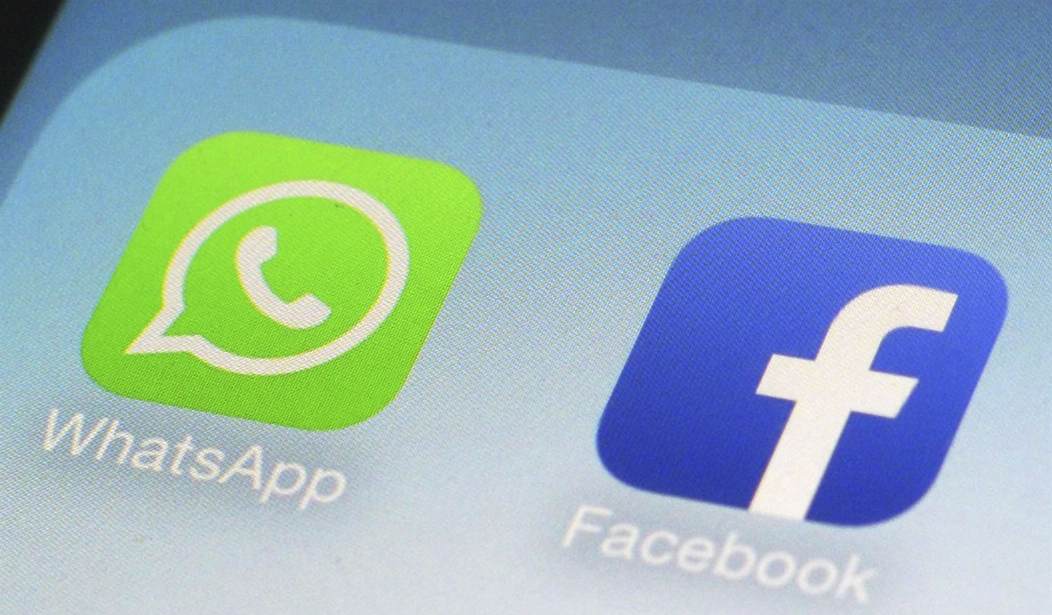With persistent accusations by Republicans claiming political censorship and Democrats sounding a chorus of concerns that online platforms are just too big, the tech sector has come under considerable congressional scrutiny, including a push to rewrite the current antitrust laws. However, if Senator Klobuchar’s recently introduced legislation is representative of what to expect from Congress, the targeting of big tech could easily spill over to impact other markets and likely leave American consumers much worse off.
A hundred years ago, antitrust enforcement was concerned with trustbusting and targeting big business on the basis of market concentration. In some instances, one competitor would complain about another competitor cutting into their market share or setting prices that they deemed as too low or predatory, potentially leading to an antitrust lawsuit.
However, in the last half century, economic analysis and extensive empirical evidence showed that market structure was not necessarily a predictor of bad conduct and did not necessarily result in higher consumer prices. The feeling was that market structure alone was not a sufficient condition to initiate antitrust actions and remedies. Instead, the question that courts began to ask was – are consumers harmed by some alleged anticompetitive conduct? This developed in a test commonly referred to as the consumer welfare standard.
This standard is common sense. If a merger is found to increase retail prices, the merger is likely to be blocked because it harms consumers. If a large firm sets its prices lower than its competitors due to innovation, improved efficiency, or the achievement of economies of scale and scope, barring other considerations, consumers are not harmed. The consumer welfare standard puts consumers and competition first.
Recommended
If enacted, Senator Klobuchar’s proposed legislation would significantly change antitrust laws, including tossing out the well-established consumer welfare standard. By removing this standard, antitrust policy would revert back a hundred years; give the government the power to weaponize laws in order to target businesses based on ideology, size, or other factors; and give market rivals the ability to use the antitrust laws to protect themselves from competition – all potentially bad outcomes for consumers. In fact, it should be no surprise that the calls for breaking up Amazon are now coming from Amazon’s competitors, which demonstrates how antitrust enforcement can be abused to protect competitors, instead of protecting consumers.
Is big tech really bad for consumers? Facebook provides consumers a free app, which means its alleged actions are not likely to harm consumer welfare. Amazon has grown because it offers consumers greater choice and lower prices than competitors. But therein lies the rub. Antitrust revisionists want to end the consumer welfare standard to make it easier to target and break up big tech. This means that consumers could lose their freedom to choose, and free services today could become costly ones tomorrow, particularly if large, efficient platform services are punished or broken up.
There are glaring examples of why this antitrust feeding frenzy is plainly anti-consumer. For some industries, market concentration is desirable, because it could lead to efficiencies, lower per unit costs, and lower consumer prices. Think about how expensive an automobile would be if the government required thousands of car manufacturers. If a few messaging services were replaced by thousands of messaging services, would a consumer need to subscribe to every application service in order to message their friends and family? In some sectors, scale matters for the benefit of consumers.
Market concentration is normal for any new company that enters the market with a clever product, innovative approach, and unique business model. What incentive would there be for a young firm to want to achieve market leadership under the threat of ambiguous and punitive antitrust laws?
To be clear – this is not just about big tech, since these laws would apply across all industries. As a result, the government could target any concentrated market – manufacturers of AAA batteries, college testing services, airplane producers, cola drink manufacturers, new entrants that are first to market, and so on. Not long ago, Nike’s basketball shoe brands had 80% market share. Do we need government intervention to break up the shoe business? That would make China smile.
What if antitrust laws targeted and broke up a rural hospital, a rural community bank, or a rural cable TV provider because they were the only provider in a specific geographic market? Would that benefit consumers? Of course not. If a market can only sustain one or two firms, raising a firm’s costs by fining and breaking them up would only discourage market entry, unless prices would later rise and bid in more entrants. Either way, consumers lose.
The creation of inventions, art, and books are afforded monopoly protections through patents and copyrights in order to encourage creativity and business innovation. Interestingly, these monopoly protections cover a period longer than the existence of either Amazon or Facebook.
In fact, tech is moving so quickly, it is safe to assume that today’s market leaders may not be the leaders of tomorrow. Remember Netscape and Myspace? Professor Peter Golder at Dartmouth ranked hundreds of popular brands and found dominant ones fell quickly off the charts with many going bankrupt in the course of decades. It is consumers who ultimately decide which services succeed and dominate, not bureaucrats picking winners and losers.
The current antitrust laws work fine, and they work for the benefit of consumers. However, if these laws are changed so they can be used to punish large tech businesses, then gone are the days of free apps, free search, free messaging, free delivery, and expanded consumer choice. Then, antitrust protections once designed to protect consumers are guaranteed to harm them.
Steve Pociask is president and CEO of the American Consumer Institute, a nonprofit education and research organization. For more information about the Institute, visit www.TheAmericanConsumer.Org or follow us on Twitter @ConsumerPal.

























Join the conversation as a VIP Member